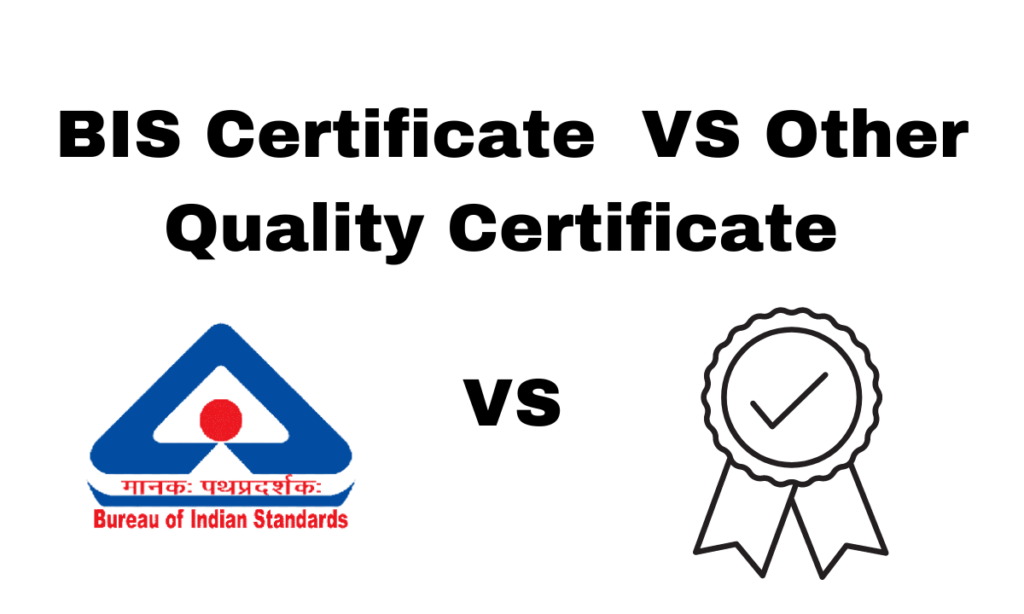BIS Certificate vs. Other Quality Certifications: A Comparative Analysis

If you’re importing goods to India, you may have come across the term BIS certification. But what is BIS certificate, and how does it compare to other quality certifications available in the market?
BIS stands for the Bureau of Indian Standards, which is a national standards body of India. The BIS certification is a mandatory requirement for specific products, such as electronics, information technology equipment, and toys. The BIS certificate for import ensures that the products meet Indian safety and quality standards.
BIS certification is different from other quality certifications, such as ISO, CE, and UL. While ISO, CE, and UL certifications are voluntary, BIS certification is mandatory for specific products. Additionally, other certifications focus on aspects such as environmental management, social responsibility, and product safety and performance.
The BIS certification process involves product testing, documentation review, and factory inspection. The certification is valid for two years, after which the product needs to be recertified. The cost of BIS certification depends on the type of product and the number of models.
Compared to other quality certifications, the BIS certification process can be time-consuming and complex. However, it is essential for businesses looking to export products to India, as non-compliance can lead to product seizure and legal consequences.
In conclusion, BIS certification is a necessary requirement for specific products imported to India. Although it may be more time-consuming and complex than other quality certifications, it ensures that the products meet Indian safety and quality standards. Businesses looking to export products to India should prioritize obtaining BIS certification to avoid legal consequences and gain a competitive advantage in the



